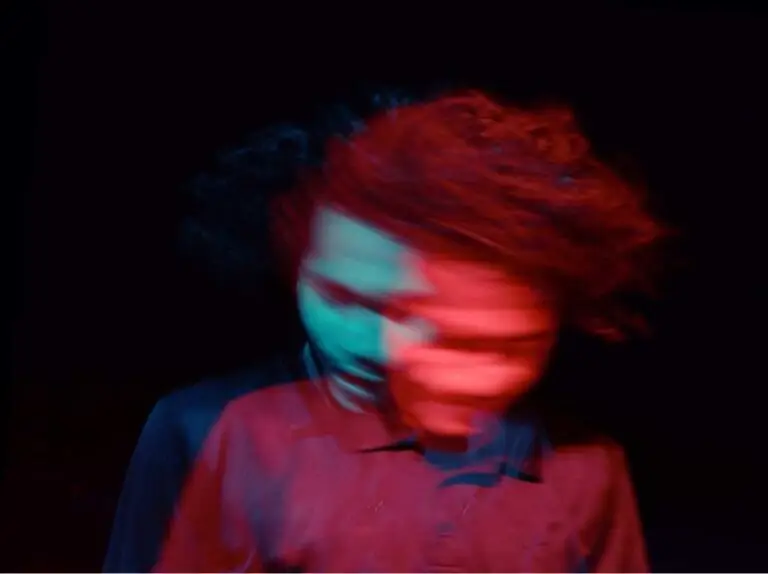Let’s Explore The Cycle of Addiction
Addiction is a multifaceted beast that afflicts millions of people across the United States. It includes a complicated mix of psychological, social, and biological factors that can overcome individuals and impact all aspects of their lives. Understanding the cycle of addiction is crucial for both those struggling with it and for those around them. Here, we’re going to explore the intricacies of addiction to see how it happens, overwhelms, and can be treated.
Cycle Of Addiction: From Experimentation to Dependency
The journey of addiction often begins innocently enough. It might start with experimentation, perhaps influenced by peer pressure or a desire to escape reality. Initially, the substance or behavior offers relief, pleasure, or a temporary reprieve from life’s challenges. This is the phase where the cycle of addiction takes root—the phase of experimentation and initial euphoria.
As time passes, the individual finds themselves returning to the substance or behavior with increasing frequency. This marks the onset of the next stage: dependence. The body and mind start adapting to the substance, craving it to maintain a sense of normalcy. What was once a choice now feels like a necessity, and attempts to stop or cut back often result in withdrawal symptoms and intense cravings.
The Escalating Cycle of Addiction
Dependency paves the way for addiction’s most insidious phase: compulsion. At this stage, the individual’s life becomes increasingly centered around obtaining and using the substance. Responsibilities, relationships, and health all take a back seat to the relentless pursuit of the next fix. Despite mounting consequences, the compulsion to use persists, fueled by a combination of physical need and psychological dependence.
The cycle of addiction is perpetuated by various factors, both internal and external. Genetic predispositions, underlying mental health conditions, and environmental influences can all contribute to vulnerability. Stress, trauma, and socioeconomic factors further exacerbate the risk, creating fertile ground for addiction to flourish.
Cycle Of Addiction: A Multifaceted Approach to Recovery
But perhaps the most crucial aspect of understanding addiction lies in recognizing its cyclical nature. Addiction isn’t a linear path; it’s a recurring pattern of highs and lows, of relapses and remissions. Each cycle deepens the grip of addiction, making it increasingly challenging to break free.
Breaking the cycle of addiction requires a multifaceted approach. It begins with acknowledgment and acceptance—a willingness to confront the problem head-on. From there, seeking professional help and support is essential. Whether through therapy, medication, support groups, or rehabilitation programs, there are various resources available to aid in recovery.
Addressing Underlying Issues and Preventing Relapse
However, overcoming addiction isn’t merely a matter of abstaining from the substance or behavior. It involves addressing the underlying issues driving the addiction, whether they be unresolved trauma, co-occurring mental health disorders, or dysfunctional coping mechanisms. It’s a process of self-discovery and healing, guided by the support of loved ones and trained professionals.
Moreover, prevention plays a pivotal role in breaking the cycle of addiction. Education, early intervention, and fostering healthy coping mechanisms are key components of prevention efforts. By addressing risk factors and promoting resilience, we can mitigate the onset of addiction and empower individuals to make healthier choices.
Cycle Of Addiction Conclusion
In conclusion, understanding the cycle of addiction is paramount in combating this pervasive issue. By unraveling its complexities and addressing its root causes, we can offer hope to those struggling with addiction and pave the way for a brighter, addiction-free future. It’s a journey fraught with challenges, but one that holds the promise of redemption, resilience, and renewed hope.
If you are struggling with addiction and searching for help, choose See Purpose. Our inpatient program helps addicts make their first steps on the road to recovery. Discover the best residential inpatient drug treatment in Indiana!
Breaking Free from Adderall Addiction





















